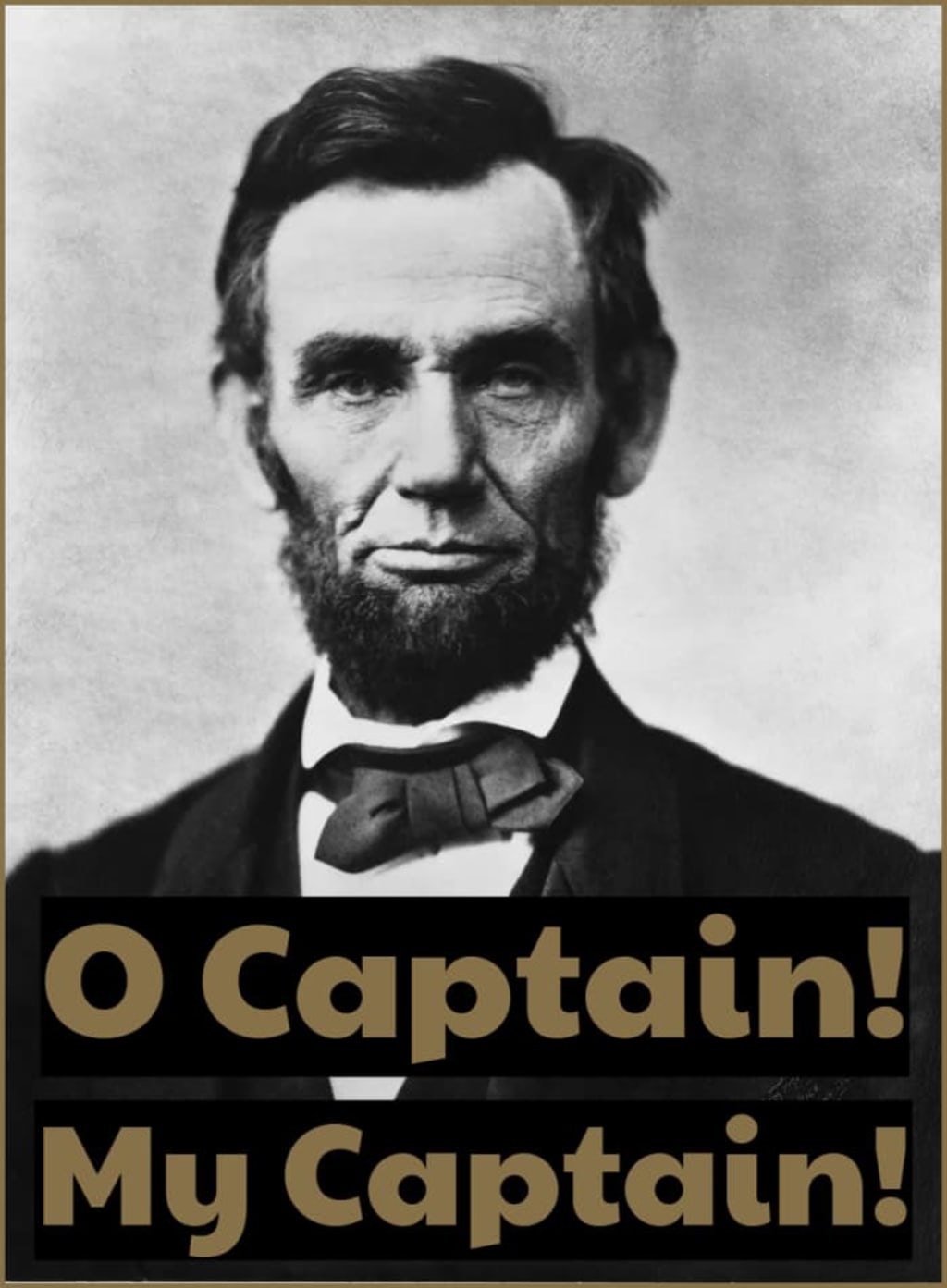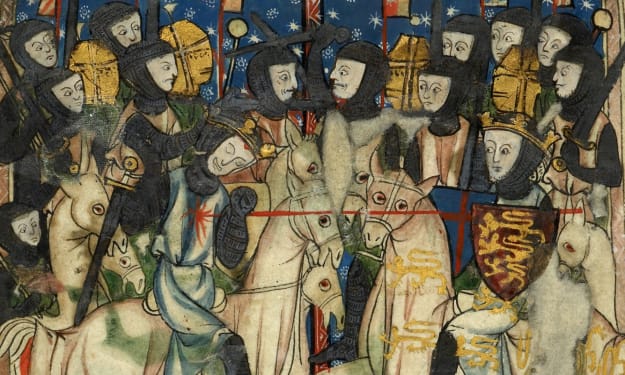Content warning
This story may contain sensitive material or discuss topics that some readers may find distressing. Reader discretion is advised. The views and opinions expressed in this story are those of the author and do not necessarily reflect the official policy or position of Vocal.

O Captain! My Captain! our fearful trip is done; The ship has weather'd every rack, the prize we sought is won; The port is near, the bells I hear, the people all exulting, While follow eyes the steady keel, the vessel grim and daring:
But O heart! heart! heart! O the bleeding drops of red, Where on the deck my Captain lies, Fallen cold and dead.
O Captain! my Captain! rise up and hear the bells; Rise up—for you the flag is flung—for you the bugle trills; For you bouquets and ribbon'd wreaths—for you the shores a-crowding; For you they call, the swaying mass, their eager faces turning;
O captain! dear father! This arm beneath your head; It is some dream that on the deck, You've fallen cold and dead.
My Captain does not answer, his lips are pale and still; My father does not feel my arm, he has no pulse nor will; The ship is anchor'd safe and sound, its voyage closed and done; From fearful trip, the victor ship, comes in with object won;
Exult, O shores, and ring, O bells! But I, with mournful tread, Walk the deck my captain lies, Fallen cold and dead.
Explanation
O Captain! My Captain!” is an elegy written by Walt Whitman in 1865 to commemorate the death of President Abraham Lincoln. The poem is structured as a dialogue between the speaker and the captain of a ship. The captain is a metaphor for Lincoln, who had just led the United States through the Civil War and was assassinated shortly after its end . The poem is divided into three stanzas, each with a different tone and mood. The first stanza expresses relief and joy that the ship has made it through a difficult journey, while the second stanza takes on a more somber tone as the speaker realizes that the captain has died . The third stanza is a plea for the captain to rise up and take his place at the helm once again, even though he is dead .
The poem’s title, “O Captain! My Captain!”, is repeated throughout the poem and serves as a refrain . It is also an example of apostrophe, which is when a speaker addresses someone or something that cannot respond. In this case, Whitman addresses Lincoln, who was no longer alive at the time of the poem’s composition.
The poem’s popularity has endured over time, in part because of its association with Lincoln and his legacy. It has been referenced in popular culture, including in movies such as “Dead Poets Society”.
About the Creator
Enjoyed the story? Support the Creator.
Subscribe for free to receive all their stories in your feed. You could also pledge your support or give them a one-off tip, letting them know you appreciate their work.





Comments
There are no comments for this story
Be the first to respond and start the conversation.